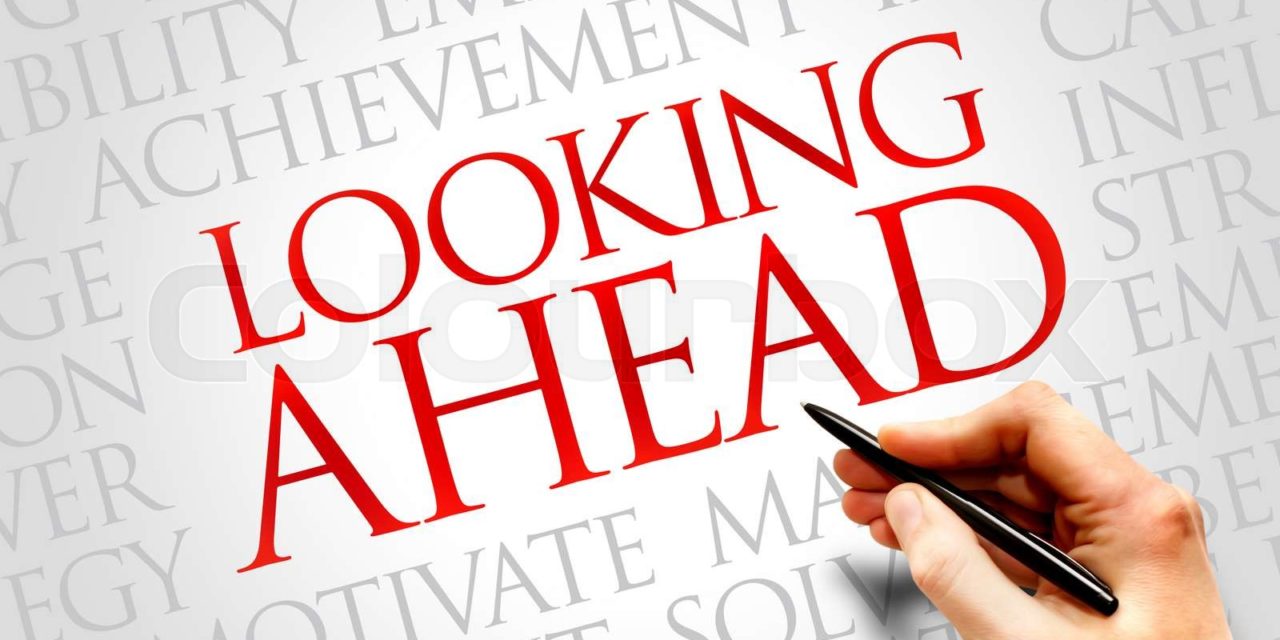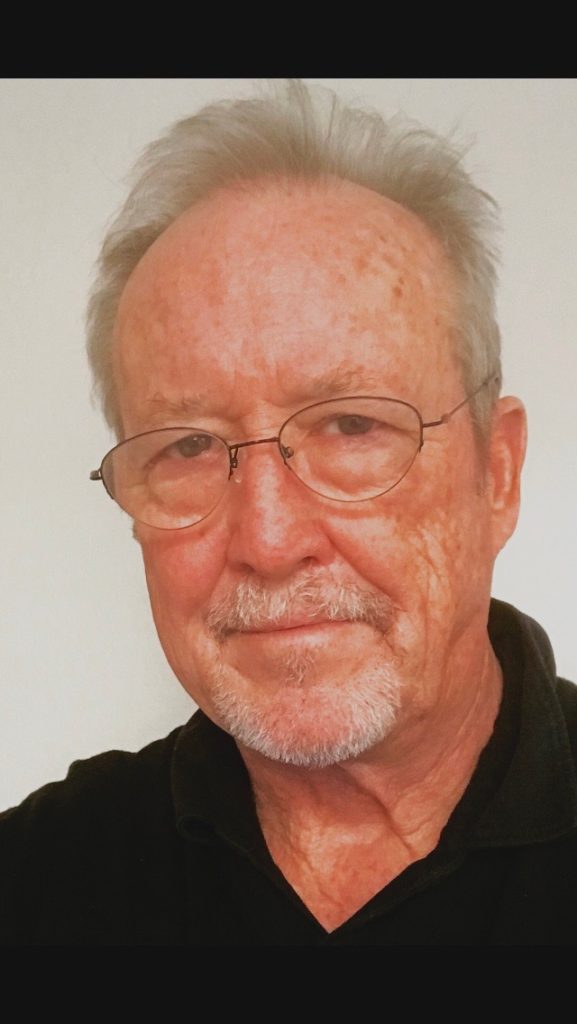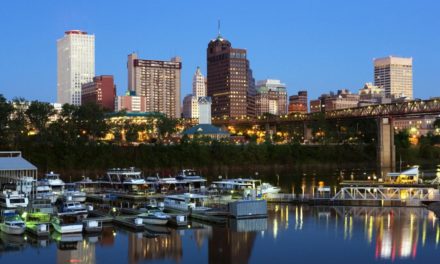As we look ahead to a new year, I have asked some Memphians who care deeply about their city’s future for their resolutions or reflections for 2024. I am deeply grateful for their thoughtful submissions.
Today’s post is by senior editor of the Memphis Flyer and Memphis magazine and author of “Everything That’s True – Selected Writing from the Memphis Flyer and Memphis magazine”:
Bruce VanWyngarden:
Memphis Moonshot
If we don’t dream it, it can never happen.
On May 25, 1961, President John F. Kennedy addressed Congress and proposed that the United States “commit itself to achieving the goal, before this decade is out, of landing a man on the Moon and returning him safely to the Earth.”
In a speech in Texas, four months later, Kennedy continued his pitch to the American people: “We choose to go to the Moon in this decade and do other things, not because they are easy, but because they are hard; because that goal will serve to organize and measure the best of our energies and skills, because that challenge is one that we are willing to accept, one we are unwilling to postpone, and one we intend to win.”
Kennedy did not live to see the dream he set in motion fulfilled, but his ambitious goal was achieved in July, 1969, with the landing and return to Earth of Apollo 11.
My New Year’s wish for Memphis is that its leaders — civic and corporate — have the courage and vision to embark upon a moonshot: to become the first American city to successfully address its poverty problem, thereby changing Memphis from one the country’s poorest cities to one of its most prosperous.
I know. That seems like an impossible dream, like, well, walking on the moon in 1961. Besides, if you ask the average Memphian what the city’s biggest problem is, they won’t say it’s poverty. They’ll say it’s crime. And Memphis does have a crime problem. Too many cars are being stolen, too many homes are being broken into, too many citizens are being shot and killed, too many young people are living without hope or guidance and turning to crime.
But the crime problem has publicists, and they’re pushing a 24/7 narrative that crime is everywhere. Local television news and social media are the crime problem’s biggest boosters — getting clicks, views, and readership by scaring us. In response, politicians get elected by promising to be “tough on crime,” usually meaning they’ll hire more police and demand stiffer sentencing.
They’re pledging to put band-aids on a cancerous tumor. If those “get tough” policies worked, our crime problem would be fixed by now. But that kind of getting tough on crime doesn’t stop it. It just fills up jails and overloads the court system. Reducing our crime problem requires thinking bigger. It requires a moonshot: fixing our poverty problem.
Poverty gets little TV time, little social media buzz. No politician gets elected by pledging to “get tough” on poverty. But almost all of the city’s problems, including crime, stream from the river of poverty. The way to reduce crime is to dam the river, not the stream. That starts with providing Memphis’ poor with better education, better public transportation, better housing, better healthcare, and more opportunities to work at a living wage.
Too expensive, you say? Listen, if this poor-ass city can come up with hundreds of millions of dollars to fund football stadiums, basketball arenas, fabulous art museums, and glorious new city parks, surely there are ways to leverage private and public funds to pay for more and better teachers; to fund a public transit system that can reliably get people from one side of town to jobs on the other side; to keep children fed and in a home with utilities and water; to get people healthcare when they need it; to pay them an equitable wage.
Impossible? Let me return you to 1961, the year Kennedy proposed going to the moon. Do you know what was happening in Memphis that year? Thirteen “Negro” first-graders were integrating our public schools. They were separated, no more than four to a school, because, you know, Memphis didn’t want to rush into things. In fact, the city planned to integrate its schools one grade at a time over the next 12 years — longer than it would take to put a man on the Moon.
The grade-a-year plan held until 1965, when Congress passed the Civil Rights Act. In 1966, all Memphis school grades were integrated, although that often meant 20 Black students at a high school with 1,500 students.
Let me do the math for you: Black people in Memphis have had — technically — an equal shot at education for a little more than 50 years. Black people were enslaved in Memphis until 1865. They suffered under Jim Crow and segregation in Memphis until 1965. Black folks in this city have had 58 years to overcome 300 years of oppression that kept them from equal opportunity in employment, education, housing, and political leadership.
This is the root of our poverty problem, which is the root of our crime problem. Our city’s leadership is Black. Most of its citizens are Black. It’s time for all of us to dare to dream big. To paraphrase JFK: “Let’s not do it because it is easy, but because it is hard; because that goal will serve to organize and measure the best of our energies and skills, because that challenge is one that we are willing to accept, one we are unwilling to postpone, and one we intend to win”
Come on, Memphis. Let’s shoot for the Moon.





